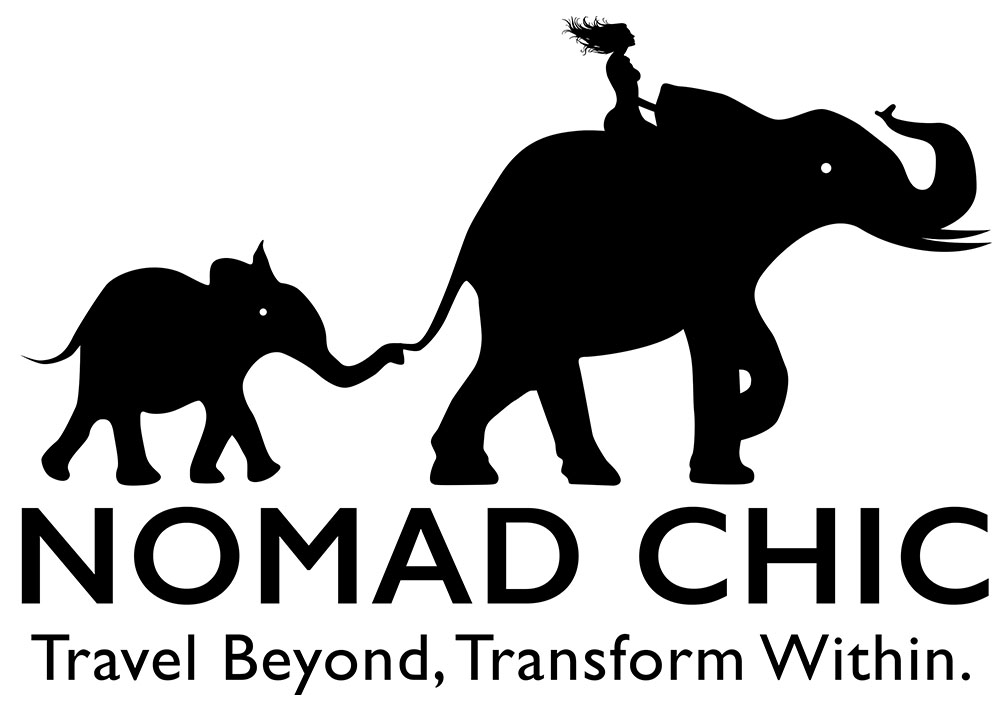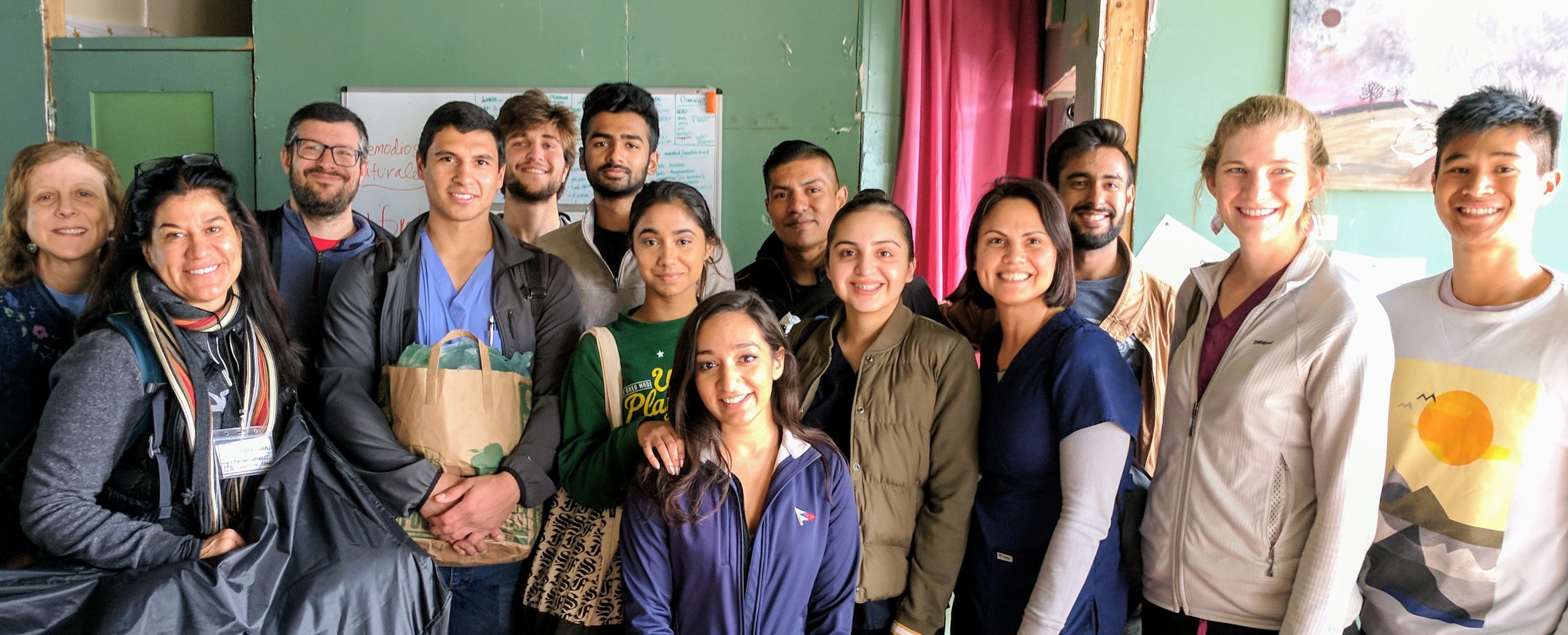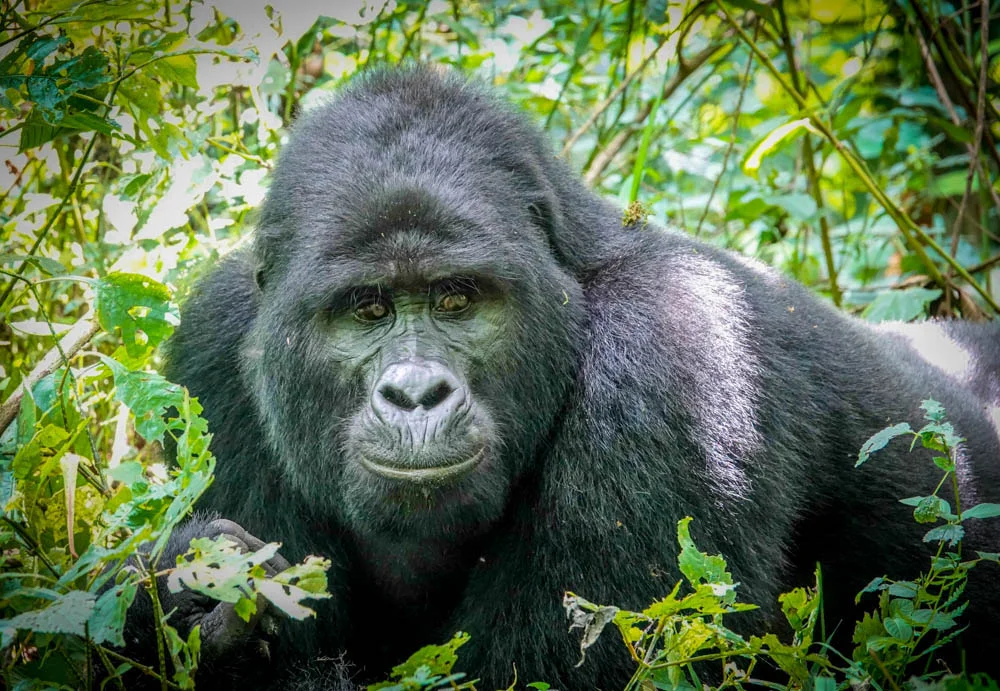Not Exactly a Ball: Humanitarian Tourism in Tijuana's Immigration Camps.
Four of us volunteered for Humanitarian Travel with Healing Arts Peace Project’s program in Tijuana.
It was a stand-off: the pig and I. I was following a path through a gully that, piled with litter, was clearly his turf. He stared at me. I stared at him. “What ‘cajones’!” was all I could think. I’d never seen any so huge. “Do I really have the balls to do this,” I wondered. But, I was already too deep in shit, literally, to turn back. I had nearly made it to the refugee camp for the asylum seekers in the slums of Tijuana, Mexico.
Although I’d volunteered before on my travels, this was the first time I’d traveled for purely humanitarian reasons. Like most of the world, I was shocked at what was happening to on our border. I was troubled that I had turned a blind eye to this reality that was just hours from where I live. I wondered if my community, where 400 families had lost their homes to fire, identified with the asylum seekers who had lost their homes and country to violence. Having embraced art and learning as the path to overcome my own loss of home and livelihood from the fire, I wanted to lean how a professional art therapist uses the healing power of art to alleviate stress and trauma. So when I received an invitation to join H.A.P.P.I.’s mission to Tijuana, I jumped at the chance.
A team of American doctors from San Diego and the Bay Area provided medical services to asylum seekers.
H.A.P.P.I. was founded by Alison Guida Smith, a licensed psychotherapist in California specializing in Expressive Arts Therapy that uses trauma-informed, somatic and expressive arts oriented therapies) . I’d met Ali twenty years early when we were both traveling in the Himalayas, and she was deciding what to do with her life. Since then we’d remained friends, and I wanted to see how she brought her professional training, yoga teaching, meditation practice, mindfulness and art all together to help the world.
Alison Guida Smith offers mental health and trauma recovery activities based on expressive arts.
“Whatever the language, art is a universal language that we not only understand with our brains but with our inner hearts and minds ,” Ali explains. “The mission of H.A.P.P.I. is to bring the expressive arts- music, drama, visual arts and writing, movement/dance and yoga to any and all people who need and want our services.” Her work with H.A.P.P.I. has involved her in digging cadavers out of the debris from the tsunami in Indonesia, working with girls rescued from sex trade in Thailand, and leading art therapy programs for Syrian refugees in Greece.
Patricia Balamonde , Bibi Jordan Alison Guida Smith and VickiTrapalis formed a multi-talented team.
From Oxnard where I’m living during reconstruction of our home, I traveled by train to San Diego where I met Ali and the other two members of our team, Vicki Trepalis and Patricia Bahamonde. Both, like Ali, are from the Bay area. Vicki, a lawyer for foster children, and Patty, a finance professional, both extensive previous experience as volunteers in Greece.
Getting across the border was easy. We got a ride from the train station and airport from a Facebook ‘friend’, a San Diego-based lawyer who volunteered regularly at the camps. She’d seen our posts and offered to give us an orientation while giving us a ride. On the other side, we called an Uber to take us to our AirBnB.
A team of doctors from San Diego and the Bay Area provided medical services for asylum seekers.
The next morning we headed to the offices of Border Dreamers, an umbrella organization that coordinates volunteers ensuring that all camps receive donations and help. On the first day, we were sent to a camp of Haitian asylum seekers and then to a YMCA camp for unaccompanied teen boys. The next day we visited a camp in town for families, and on the final day we revisited the two from the first day. anger from the Mexican Cartel, Mexican residents and gangs from their homelands, asylum seekers require permits to leave the camps so those not busy washing laundry or cooking meals, were seated listlessly in plastic chairs.
However, we were there to bring them joy and relief. Thank goodness Ali knew just what to do. While she explained our plan to the camp coordinator and was assessed of special needs, we three got set up art tables according to the instructions Ali had laid out during our orientation.
And, as soon as we started on our work, it began to feel alright.
Fun art projects with the children and women help relieve stress and trauma.
With the children we painted pictures, made ‘clothes peg friends’ and created magic wants.. With the teens, we moulded animals to illustrate the three parts of the brain - the reptile, the animal and the human - learning how each reacts to stress, and we illustrated two-sided masks with what we want to project to the world and what we want to hide inside. The women wrote letters to themselves to read to uplift themselves when needed. With all the groups, we did movement activities to make us laugh and breathing exercises to make us relax.
By the end of each afternoon, we were exhausted but exhilarated. While enjoying Tijuana’s best seafood and Mexican cuisine, Ali lead the debriefing. What impressed me most was Ali’s techniques to relieve stress and reinforce confidence of our team as much as of the asylum seekers. It was also impressive to see how in the face of such bleakness, we four abandoned all ego and naturally transformed into a cohesive force to provide an uplifting experience for asylum seekers and ourselves.
Humanitarian travel, I realized, was certainly not a vacation. But, like immersive travel, it removes the traveler away from the daily routine. By going beyond the comfort zone, it challenges the traveler who faces fear, overcomes resistance and is transformed by the experience. It also forges a deep relationship between the participants that brings out the best in everyone involved. After just four days, I returned home with a fresh outlook on my life and so-called problems.
While the stories shared by the asylum seekers and the situations I saw need to remain confidential, I can say that I left profoundly grateful for my upbringing and education. I realized as never before how privileged I am for having the skills for navigating our stressful bureaucratic metropolitan world. The asylum seekers have knowledge that if I were suddenly relocated to their rural environment I would depend on them to share with me to survive. It seems only natural that we should all reach out to help each other. While not everyone will feel they have the ‘cajones’ to step into work on-site, it is equally It seems only right to support relief efforts in any way possible remembering that donations are just as important as having the ‘cajones’ to step into whatever lies on the path ahead when you venture into Humanitarian Travel.
Patty Belomonde summed it up best, “To me, normal travel is sightseeing and perhaps self indulging contrary to humanitarian travel, it leaves marks in your memory , in your conscious, in your heart and your body. You take something with you and with luck you also leave something good behind.”
Shalini Sangita Prasad and family hosted us on our last night including a special Fijian dinner.
Contacts:
Alison Guida Smith Healing Arts Projects for Peace International (H.A,P,P,I,)














